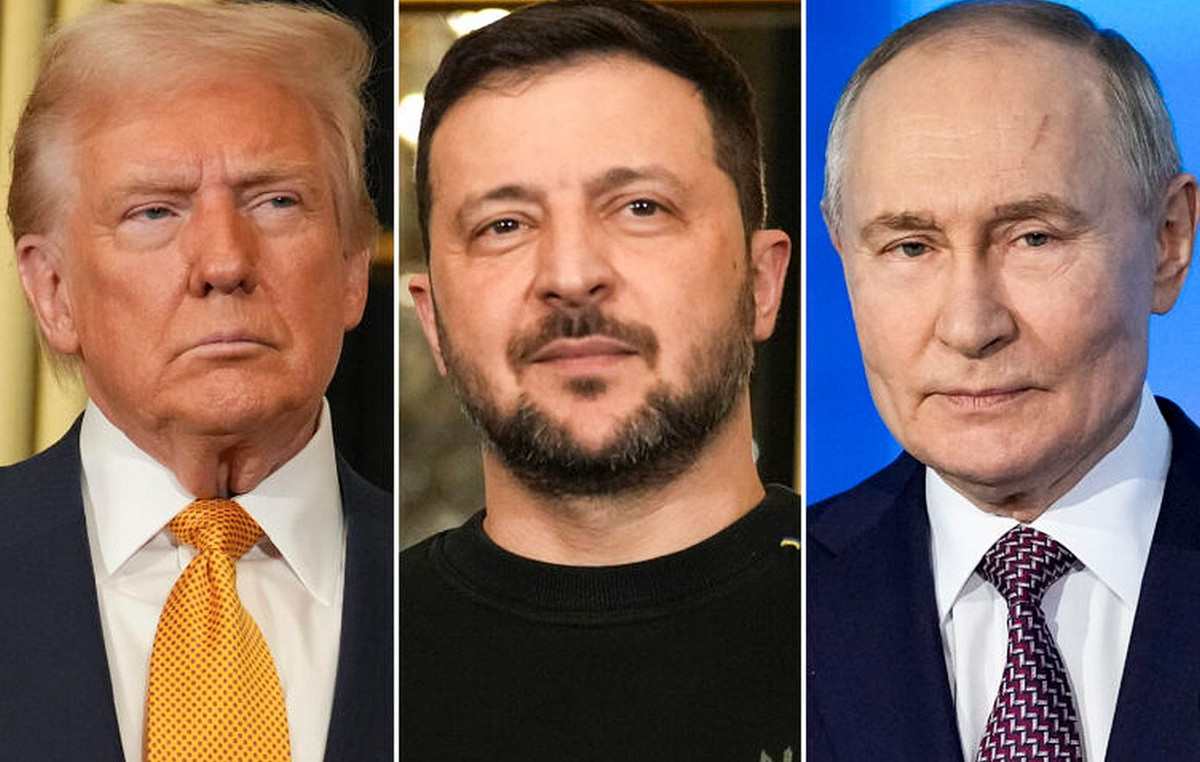Chinese and US foreign ministers Wang Yi and Anthony Blinken sought to defuse tensions between their countries today during a rare meeting following the G20 foreign ministers’ summit on the Indonesian island of Bali.
“There is no substitute for face-to-face diplomacy. In a relationship as complex and important as the one between the US and China, there are many things to discuss,” Blinken said at Wang’s side, in front of the US and the Chinese flag, in a Bali hotel at the start of the talks which were followed by a working lunch.
“We look forward to a productive and constructive discussion,” he added.
“China and the US are two big countries and therefore it is necessary for them to maintain smooth relations,” Wang replied. “We must work together to ensure that this relationship continues to move forward on a good path,” he added, calling for “mutual respect.”
As the West tries to isolate Russia after its invasion of Ukraine and the global economy faces growing uncertainty, China and the United States have taken steps to prevent their major differences from spiraling into an uncontrollable conflict.
The US will try “to do everything possible to prevent any miscalculation that could recklessly lead to a conflict,” US Under Secretary of State for East Asia and the Pacific Daniel Krittenbrink said before the meeting.
Wang and Blinken are also set to prepare an online meeting between Presidents Xi Jinping and Joe Biden, which is scheduled to take place in the coming weeks. During the two previous months, meetings were also held between officials of the two countries responsible for Defense, Finance and National Security.
According to China’s state-run Global Times newspaper, known for its criticism of the US, the continued contacts between Beijing and Washington are a sign of “both sides’ shared desire to avoid an escalation”.
However, bilateral tension remains high, especially regarding Taiwan. For his part, Biden has essentially maintained the hard line of his predecessor Donald Trump on the issue of China.
However, in a recent speech, the US president made it clear that his country does not wish to provoke a new Cold War, although he continued to criticize China, mainly accusing it of genocide against the Muslim Uyghur minority.
The Biden administration is expected to soon reduce some of the tariffs that Trump had imposed on Chinese goods.
On the issue of the war in Ukraine, China has refused to condemn Russia’s actions and has criticized the sanctions imposed on it.
Shortly before the February 24 invasion, Beijing and Moscow announced “borderless” cooperation, but US officials have pointed out that China has not tried to circumvent Western sanctions against Russia or offered military aid.
Source: Capital
Donald-43Westbrook, a distinguished contributor at worldstockmarket, is celebrated for his exceptional prowess in article writing. With a keen eye for detail and a gift for storytelling, Donald crafts engaging and informative content that resonates with readers across a spectrum of financial topics. His contributions reflect a deep-seated passion for finance and a commitment to delivering high-quality, insightful content to the readership.







